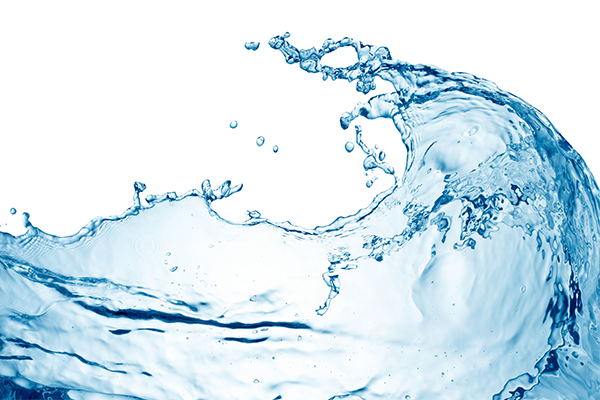- Solutions›
- Customer Stories›
- Taggle Systems
Taggle IoT Platform Tracks Thousands of Smart Water Sensors to Help Utilities Cut Costs
Overview
More than 50 councils and water utilities across Australia rely on Taggle smart water solutions to gather data from Internet of Things (IoT) sensors and meters. These provide insights on leak detection, demand management, network optimization, customer engagement, and billing. Taggle has more than 270,000 meters and sensors deployed throughout Australia, reading over 2 billion data points annually. The sensors accumulate data on water flow for metering, water levels for floodplains, water catchment and wastewater, water pressure for network and pipeline management, and rainfall. Taggle’s network delivers more than 5 million readings to councils and water utilities daily.
As Taggle grew, it needed an IT environment that could scale easily to support high volumes of IoT data as well as analytical and visualization applications. Geoff Bowker, cloud solutions director at Taggle says, “We’re looking to add about 80,000 more sensors in the next 12–18 months, with each one reporting data hourly at a minimum, and in some cases every 15 minutes where there are alarming conditions such as rapidly rising flood water or sewer blockage. While our load is generally predictable, we do experience sudden spikes which can lead to rapid increases in IoT Platform demand at critical times.” Processing this data and meeting service level agreements for its customers is why Taggle required a platform capable of scaling responsively.
Taggle also sought a technology solution to support its growing ecosystem of third-party devices and radio networks that help deliver data to asset management, emergency management, and supervisory control and data acquisition (SCADA) applications.
Geoff Bowker, Cloud Solutions Director, Taggle

Streaming and Ingesting IoT Data on an AWS-Based Platform
Scaling to Reliably Ingest Data from 80,000 New Sensors
Simplifying Integration and Accelerating Time to Market
Helping Councils and Water Utilities Cut Costs
Learn More
To learn more, visit aws.amazon.com/iot/.
About Taggle Systems
Taggle is Australia’s leading supplier of smart water solutions for local and regional councils and water utilities. The company provides a complete smart water solution that’s open, interoperable, and scalable. Taggle has more than 270,000 meters and sensors deployed across Australia.
Benefits of AWS
- Scales to ingest data from 80,000 new sensors across Australia in 2022
- Integrates seamlessly with third-party devices, applications, and networks
- Reduces time to market for new features by 15%
- Helps utilities and councils cut costs
AWS Services Used
Get Started
Organizations of all sizes across all industries are transforming their businesses and delivering on their missions every day using AWS. Contact our experts and start your own AWS journey today.